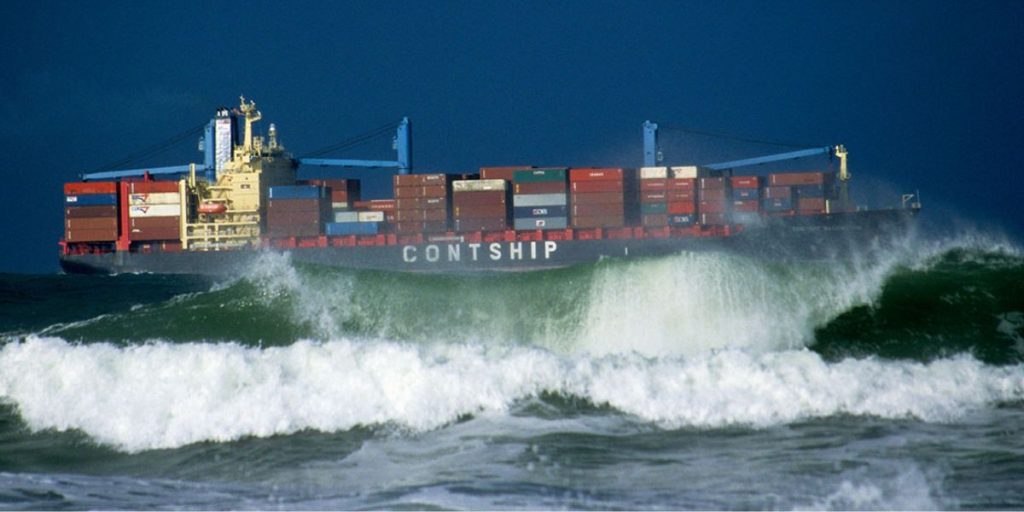The Role of Weather in Freight and Shipping
Weather plays a pivotal role in the logistics and shipping industry, affecting everything from transit times to the safety of goods in transit. Adverse weather conditions such as storms, heavy rainfall, and extreme temperatures can disrupt shipping schedules, leading to delays and potential financial losses. Understanding these impacts is crucial for logistics companies to plan and mitigate risks effectively.
“Weather conditions are a critical factor in freight and shipping, influencing everything from transit routes to delivery times. Companies must adopt proactive measures to mitigate weather-related disruptions and ensure reliable service.”
Weather-Related Challenges in Shipping
One of the primary challenges posed by weather is the unpredictability of natural events. Sudden storms or severe weather conditions can lead to route changes, port closures, and even damage to cargo. For instance, hurricanes can halt port operations entirely, causing significant backlogs and delays. Similarly, winter weather can create hazardous driving conditions, impacting ground transportation.

- Route Diversions
- Port Closures
- Cargo Damage
- Delays in Transit
- Increased Operational Costs
- Safety Concerns
Logistics companies must prioritize cargo safety in adverse weather conditions. Proper packaging and securing of goods can prevent damage during transit. Additionally, having contingency plans for route diversions and port closures can help maintain service reliability even during unexpected weather events.
Investing in weather prediction technologies can give companies a competitive edge. By anticipating weather patterns and planning accordingly, logistics providers can minimize disruptions and ensure timely deliveries. Proactive communication with customers about potential delays due to weather can also enhance transparency and customer satisfaction.
Weather impacts on freight and shipping are inevitable, but with strategic planning and the right technologies, companies can mitigate these challenges. By understanding the influence of weather and adopting best practices, logistics providers can ensure the safety and timely delivery of goods, maintaining trust and reliability in their services.

